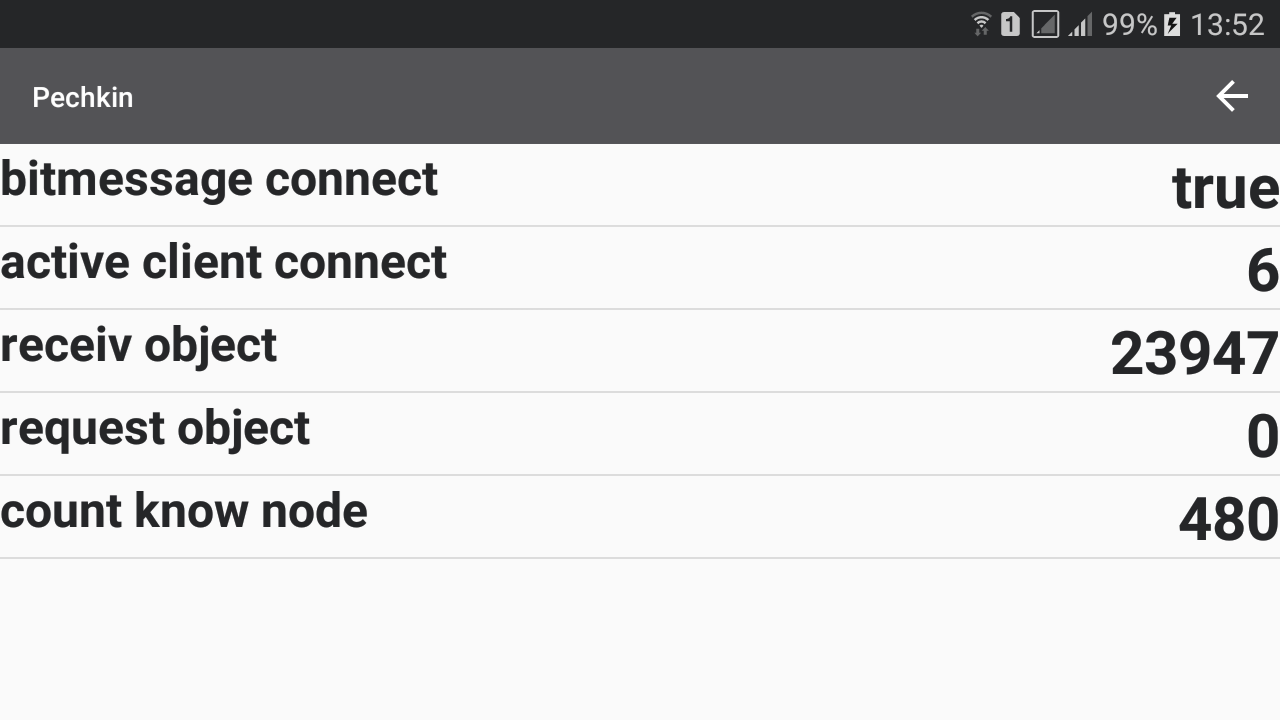

- #Bitmessage echo test how to
- #Bitmessage echo test install
- #Bitmessage echo test drivers
- #Bitmessage echo test upgrade
- #Bitmessage echo test full
Homebrew does some things better than ports, and ports does some things better than brew. Installing with macports or homebrew essentially has the same effect. Having both macports and homebrew on the same system is a recipe for disaster. Git clone git:///Bitmessage/PyBitmessage.gitįirst, make sure you have not already installed Homebrew.
#Bitmessage echo test install
Install dependencies brew install pyqt openssl
#Bitmessage echo test upgrade
To upgrade Bitmessage run the following commands:Ĭd $HOME/PyBitmessage git pull OS X With Homebrew package manager Setupįirst, make sure you have not already installed Macports. In this case, run python2 ~/PyBitmessage/src/bitmessagemain.py Upgrading If you receive a warning that you need to use python 2.7.3 or greater, and have followed the above instructions to upgrade it, your system may be attemping to run PyBitmessage with python 3.
#Bitmessage echo test how to
Guix package -i libffi pip2 install pyopenclĬheck the wiki for more information on how to run Bitmessage as a daemon.
#Bitmessage echo test drivers
Guix package -i gcc binutils make linux-libre-headers gcc-toolchainįor the OpenCL PoW in addition to both of the above, and drivers for your GPU: Guix package -i python2-msgpack python2-sip openssl home//PyBitmessage/src/bitmessagemain.py > /dev/null 2>&1 &
#Bitmessage echo test full
Name the script something like "bitmessage", mark it as executable (probably something like 755) and put it in /usr/bin so it's accessible without the full path.Įxport LD_LIBRARY_PATH="/opt/openssl-compat-bitcoin/lib$" Note for Fedora 20 users: Due to inconsistent behavior encountered by declaring the above variable globally, the following "wrapper script" will declare the LD_LIBRARY_PATH variable correctly and only when running bitmessage. Tell your system where to look for the library:Įcho 'LD_LIBRARY_PATH="/opt/openssl-compat-bitcoin/lib/"' > ~/.bashrc & source ~/.bashrc Su -c 'yum install -y python python-qt4 git openssl-compat-bitcoin-libs'

Therefore we need Ringing Liberty's bitcoin repository to get a compatible library.

Sudo pacman -S python2 openssl git python2-pyqt4įedora and RHEL6 do not support EC in OpenSSL. sudo apt-get install python openssl libssl-dev git python-msgpack python-qt4 Debian 7 "wheezy" works without problems. You can still try to work around these problems. Note for Debian Squeeze (6.0) users: Debian Squeeze does not offer packages (like Python, OpenSSL) in versions that are needed for Bitmessage. If it doesn't work out, you can follow the more detailed description below. How you then run setuptools depends on whether you want to install it to user's directory or system. If there are missing dependencies, it will explain you what is missing and for many Unix-like systems also what you have to do to resolve it. Go to the directory with PyBitmessage source code and run: There is also a helper script to resolve dependencies easily. This is now the recommended and in most cases the easiest procedure for installing PyBitmessage.

I have made a script that will install the latest bitmessage on Tails (0.22.1).


 0 kommentar(er)
0 kommentar(er)
